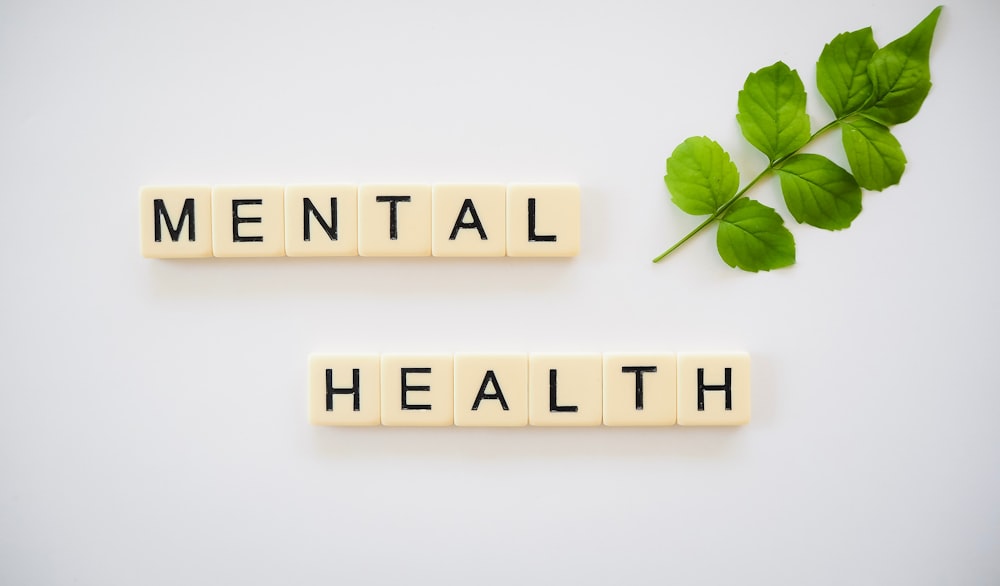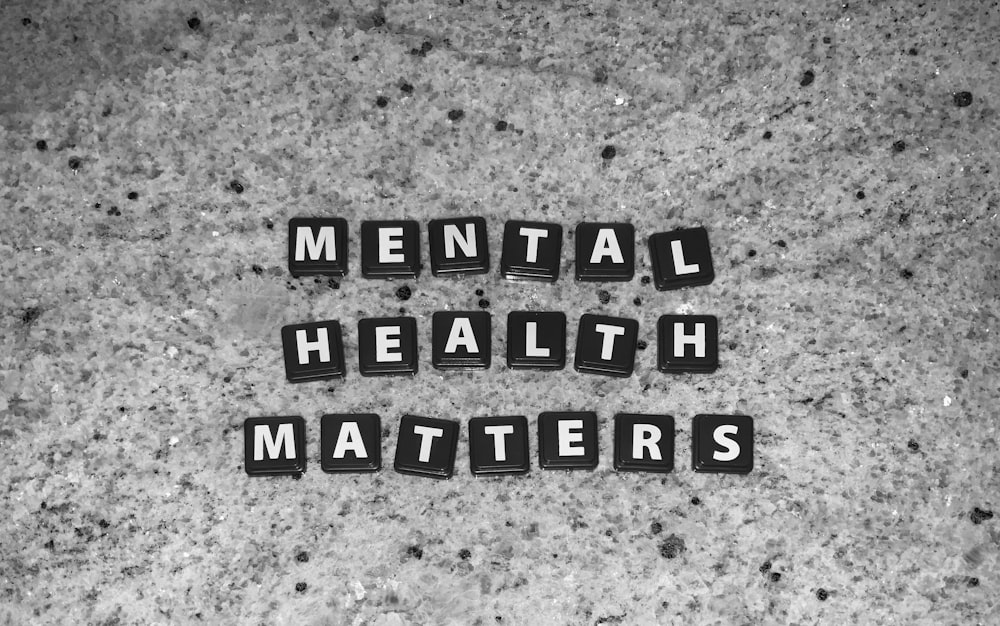Mental Health: What do we know about Ourselves?
Mental health is an integral component of overall well-being, encompassing emotional, psychological, and social aspects of our lives. In recent years, there has been a growing recognition of the importance of prioritizing mental health, as it directly influences our ability to lead fulfilling and productive lives. In this article, we will explore the significance of mental health, common challenges faced, and proactive strategies individuals can adopt to foster resilience and wellness.
Understanding Mental Health
Image Credits: Unsplash.com
Mental health refers to a state of well-being in which individuals can cope with life’s challenges, work productively, and contribute to their communities. It involves emotional regulation, effective communication, and the ability to form and maintain healthy relationships. A positive mental health status does not mean the absence of challenges or stressors; instead, it signifies the capacity to navigate life’s ups and downs with resilience.
Anxiety Disorders
Anxiety disorders are among the most prevalent mental health issues globally, affecting millions of individuals. These disorders encompass conditions like generalized anxiety disorder, social anxiety disorder, and panic disorder. Symptoms may include excessive worry, restlessness, irritability, and physical manifestations such as rapid heartbeat and muscle tension.
Depression: Mental Health
Image Credits: Unsplash.com
Depression is a mood disorder characterized by persistent feelings of sadness, hopelessness, and a lack of interest or pleasure in activities. It can impact daily functioning, affecting everything from work and relationships to physical health. Depression is a common mental health challenge, and its severity can range from mild to severe.
Stress
While stress is a natural response to challenges, chronic stress can have detrimental effects on mental health. Long-term exposure to stressors without effective coping mechanisms can contribute to anxiety, depression, and other mental health issues. Identifying and managing stress is crucial for maintaining mental well-being.
Bipolar Disorder: Mental Health
Image Credits: Unsplash.com
Bipolar disorder involves extreme mood swings, with individuals experiencing periods of intense euphoria (mania) followed by episodes of deep depression. These mood fluctuations can significantly impact daily life, relationships, and overall functioning.
Eating Disorders
Eating disorders, such as anorexia nervosa, bulimia nervosa, and binge-eating disorder, are serious mental health conditions related to unhealthy relationships with food and body image. These disorders can have severe physical and psychological consequences.
Strategies for Promoting Mental Health
Fostering open communication about mental health is crucial in breaking down the stigma associated with mental health challenges. Encouraging dialogue helps create a supportive environment where individuals feel comfortable discussing their experiences, seeking help, and offering support to others. Open conversations reduce misconceptions and promote understanding.
Seeking Professional Help
Image Credits: Unsplash.com
Accessing professional mental health services is a fundamental step in addressing mental health challenges. Mental health professionals, including psychologists, psychiatrists, and counselors, are trained to provide assessment, therapy, and support tailored to individual needs. Seeking help is a sign of strength, and timely intervention can significantly improve outcomes.
Building a Strong Support System: Mental Health
Social support plays a pivotal role in maintaining mental health. Cultivating meaningful connections with friends, family, and community members provides a network of emotional support during challenging times. A strong support system contributes to resilience and can enhance coping mechanisms.
Practicing Self-Care
Self-care involves intentional actions that prioritize physical, emotional, and mental well-being. Establishing healthy routines, getting adequate sleep, engaging in physical activity, and incorporating activities that bring joy are essential components of self-care. Prioritizing self-care contributes to overall resilience and stress reduction.
Mindfulness and Meditation: Mental Health
Image Credits: Unsplash.com
Mindfulness practices, such as meditation and deep breathing exercises, are effective tools for managing stress and improving mental well-being. These practices encourage individuals to stay present in the moment, fostering a sense of calm and clarity. Incorporating mindfulness into daily life can positively impact mental health.
Balancing Work and Life
Achieving a healthy work-life balance is crucial for mental well-being. Overworking and constant stress can contribute to burnout and negatively impact mental health. Setting boundaries, taking breaks, and prioritizing leisure activities contribute to a more balanced and fulfilling life.
Physical Activity: Mental Health
Regular physical activity has been shown to have significant positive effects on mental health. Exercise releases endorphins, the body’s natural mood lifters, and contributes to improved sleep, reduced stress, and enhanced cognitive function. Incorporating physical activity into daily routines promotes overall well-being.
Nutritional Health
Nutrition plays a vital role in mental health. A balanced diet that includes a variety of nutrients supports brain function and overall well-being. Certain nutrients, such as omega-3 fatty acids and antioxidants, have been linked to improved mood and cognitive function.
Setting Realistic Goals
Image Credits: Unsplash.com
Setting and achieving realistic goals contribute to a sense of accomplishment and positive self-esteem. Break larger goals into smaller, manageable tasks, and celebrate achievements along the way. Goal-setting provides direction and motivation, contributing to a positive outlook on life.
Embracing Hobbies and Creativity
Engaging in hobbies and creative pursuits provides an outlet for self-expression and enjoyment. Whether it’s painting, writing, gardening, or playing a musical instrument, activities that bring joy and fulfillment contribute to positive mental health. Creative outlets offer a means of self-discovery and stress relief.
Conclusion: Mental Health

Image Credits: Pexels.com
Prioritizing mental health is a holistic endeavor that requires attention to various aspects of life. Understanding the common challenges individuals face and implementing proactive strategies can contribute to resilience, well-being, and overall life satisfaction. By fostering open communication, seeking professional help when needed, and incorporating lifestyle practices that support mental health, individuals can embark on a journey towards lasting mental well-being. Remember, nurturing mental health is a continuous process, and each step taken towards self-care and awareness contributes to a healthier and more fulfilling life.
In our fast-paced world, dedicating time and effort to mental health is an investment in a happier and more fulfilling life. By embracing strategies like open communication, seeking support, and practicing self-care, individuals can navigate life’s challenges with resilience, promoting a positive and lasting impact on their overall well-being.
LINKS YOU MUST VISIT TO KNOW MORE:
Get a better idea about mental health
Exercise is really important. See how exercise boosts your mind







